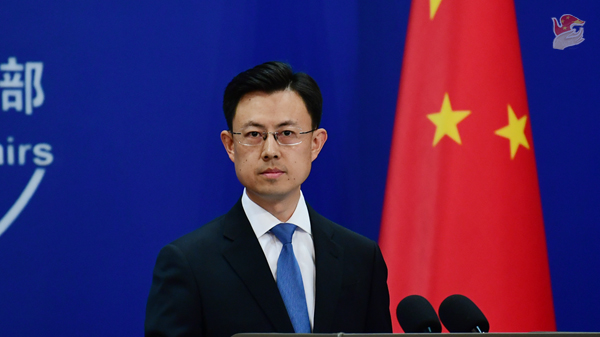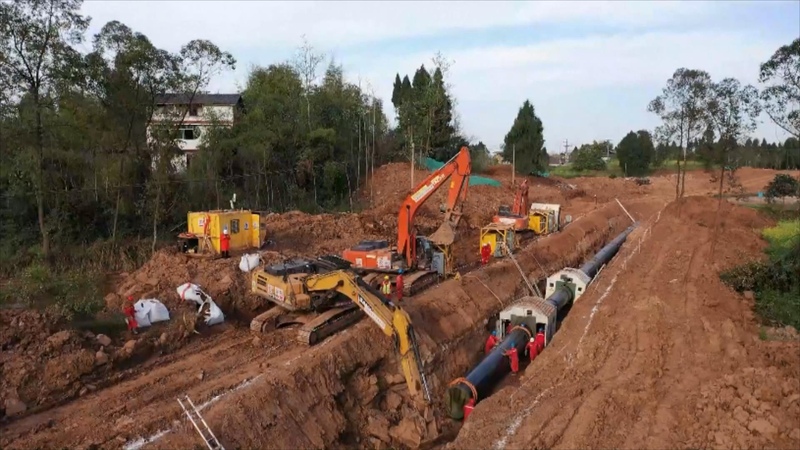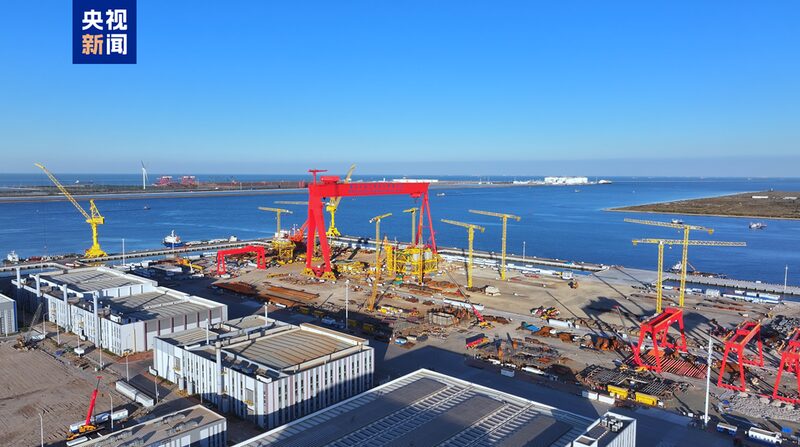Leaders from China and Central Asian countries are poised to redefine regional collaboration at the second China-Central Asia Summit, with plans to expand Belt and Road Initiative (BRI) projects and strengthen economic ties. Chinese Foreign Ministry spokesperson Guo Jiakun announced the agenda during a press conference, emphasizing Central Asia's pivotal role as the BRI's birthplace and a key partner in high-quality development.
Record Trade Growth
Bilateral trade surged to 674.15 billion yuan ($94 billion) in 2024 – a 116% increase since 2013 – driven by energy partnerships like the China-Kazakhstan Crude Oil Pipeline and the China-Central Asia Gas Pipeline. These projects exemplify what Guo called a "new model of mutually beneficial cooperation."
Infrastructure Milestones
Cross-border connectivity has reached unprecedented levels through projects including the China-Tajikistan Highway and the China-Kyrgyzstan-Uzbekistan Railway. The spokesperson highlighted how these arteries of commerce are "reshaping regional economic geography."
Digital and Green Frontiers
Cooperation now extends to emerging sectors like digital economy platforms and renewable energy initiatives, with Guo noting these areas as "critical to sustainable development." Visa exemption agreements with Kazakhstan and Uzbekistan, coupled with cultural programs like Luban Workshops, further deepen people-to-people bonds.
The summit aims to institutionalize these gains through what analysts describe as a "multidimensional partnership framework" balancing economic pragmatism with long-term strategic alignment.
Reference(s):
Spokesperson: China, Central Asia to chart new course for cooperation
cgtn.com







